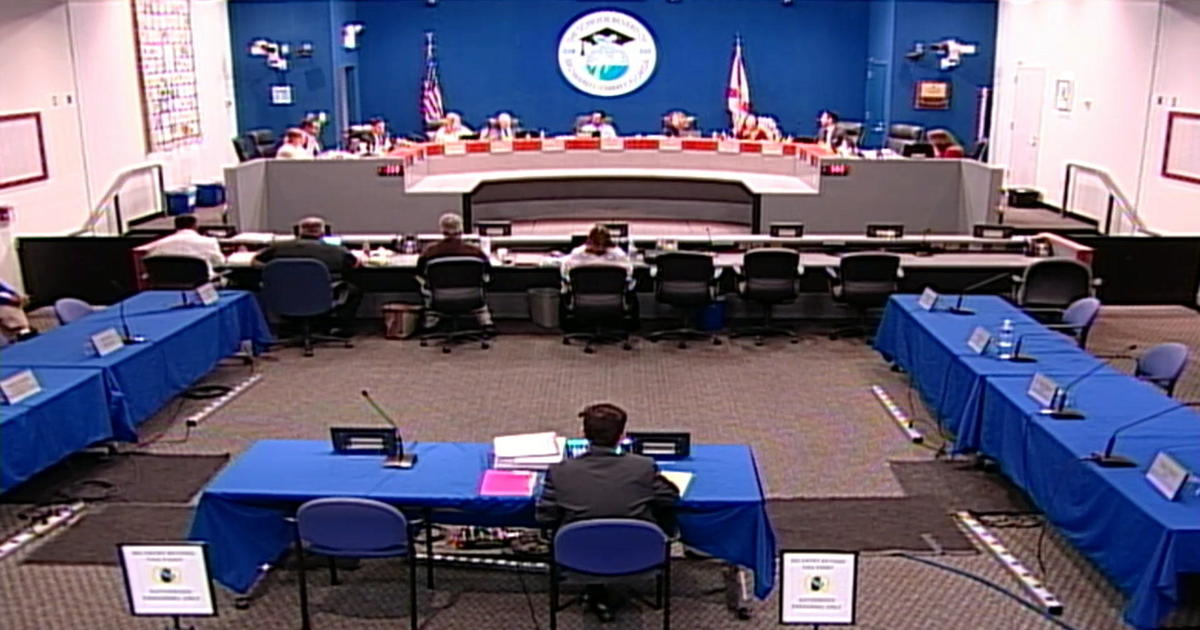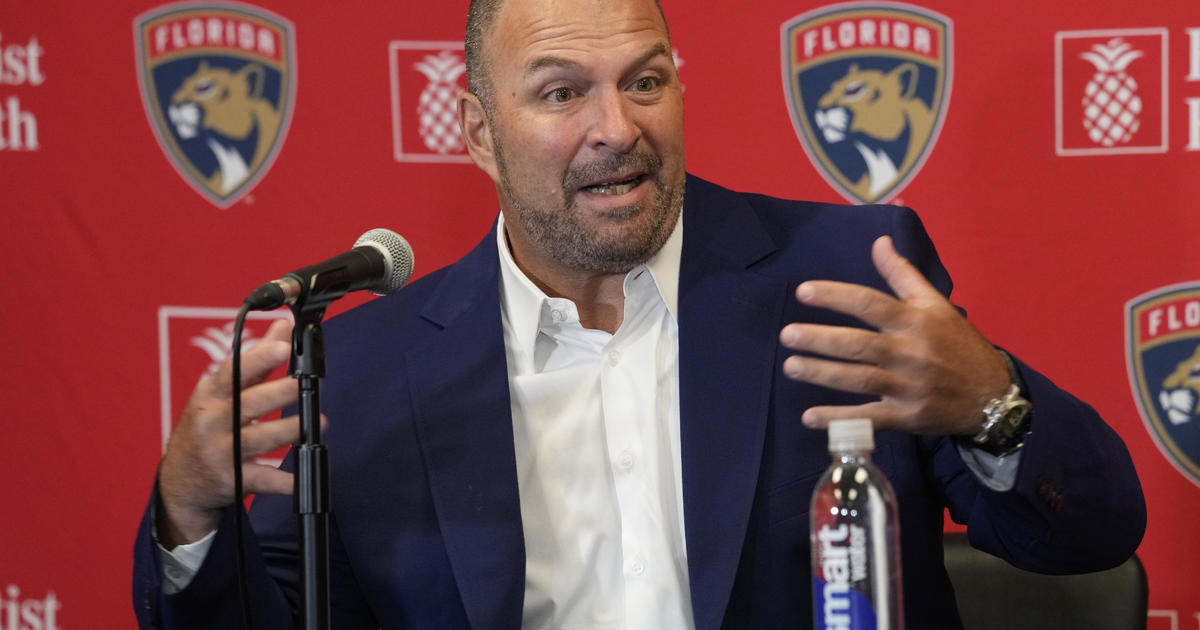Another Pot Hearing Kicks Off
Follow CBSMIAMI.COM: Facebook | Twitter
TALLAHASSEE (CBSMiami/NSF) – A nursery that lost out by four one-thousandths of a point to a competitor is now trying to persuade an administrative law judge that the Central Florida business deserves a highly sought-after license to sell medical marijuana products.
The hearing in the McCrory's Sunny Hill Nursery challenge opened Monday, nearly a year after health officials granted a Central Florida license to Lake Mary-based Knox Nursery.
McCrory's claims that it should have received the highest score in the region, and therefore should have been given one of the coveted "dispensing organization" licenses to grow, process and sell medical cannabis and derivative products.
But right out of the gate, Administrative Law Judge Elizabeth MacArthur struck a blow to McCrory's, granting the Department of Health's request to prohibit evidence regarding two key points: whether Knox posted a requisite $5 million bond in time, and whether Knox has delivered on what was promised in its application.
McCrory's lawyers had tried to offer evidence showing that Knox did not follow through on what was presented in its application, such as a failure to build greenhouses within 12 weeks of receiving a license.
"It's now more than a year ... and there are no greenhouses built," David Ashburn, a lawyer representing McCrory's, told MacArthur on Monday morning.
The evidence "calls into question, casts doubt on," or "denigrates what Knox has proposed to do," Ashburn argued.
But MacArthur said it would be an "uneven comparison" to allow evidence about what Knox did after submitting its application.
"I think the comparison has to be on the applications that were reviewed and addressed by the department because that is the basis on which I could make a determination as to whether McCrorys was entitled to be the DO (dispensing organization) instead of Knox," the judge said. "McCrory's has not had the opportunity to move forward to implement its application so it's an uneven comparison if I were to consider how Knox has gone forth to perform after being licensed."
MacArthur also nixed McCrory's plans to show that Knox --- which hired a helicopter to deliver its bond documents to the Department of Health on Dec. 9 --- didn't make a 5 p.m. deadline. At the time, representatives of Knox told The News Service of Florida the nursery's owner, Bruce Knox, squeaked in two minutes before the deadline.
But in his deposition in the case, Office of Compassionate Use Executive Director Christian Bax said that Knox did not post its bond before 5 p.m., according to court filings.
The rule governing the dispensing organization application process said that the requisite bonds must be posted "within 10 business days" of being approved for a license, or the license would be revoked and the runner-up would get approved.
Lo Bielby, an attorney representing McCrory's, told MacArthur that a variety of "precise deadlines" were established because of the "need for urgency" to get the marijuana products --- pushed by parents of children with severe epilepsy --- to patients.
But MacArthur said the rule did not establish a 5 p.m. deadline, something health officials imposed in letters to the approved dispensing organizations.
Because the health department ends its business day at 5 p.m., the deadline was implied in the rule, Bielby argued.
But MacArthur disagreed, saying that imposing a 5 p.m. deadline would amount to an unadpoted rule.
"This is a dead end for you," she told Bielby.
A 2014 law ordered health officials to grant five "dispensing organization" licenses --- one in each region of the state --- to eligible applicants to grow, process and distribute medical marijuana products that are low in euphoria-inducing THC.
Because of administrative and court challenges over the licenses, the Legislature this year passed a law that requires applicants selected by the Department of Health to keep their licenses regardless of how challenges turn out. Under the new law, applicants whose challenges are successful must also be granted a license.
MacArthur will conduct a review of McCrory's and Knox's applications to determine which nursery's was superior.
Of the seven applicants in the Central region, a three-member panel gave McCrory's an aggregate score of 5.5417, just a fraction below Knox, which received a score of 5.5458.
The aggregate scores amount to a "virtual tie," Ashburn said Monday during opening statements.
Two of the three panelists ranked McCrory's the best, Ashburn pointed out, and McCrory's outpaced Knox on most of the myriad measures on the weighted scorecard.
"If a single rank were changed among all those rankings, McCrory's would have received the highest score," he said.
But Ed Lombard, a private lawyer representing the Department of Health, said "somebody has to win and somebody has to lose" when applicants are competing.
"I'm not going to stand here and pretend it wasn't close. It was," Lombard said. "I understand. They think that narrow gap is meaningful. ... But at the end of the day, it wasn't a tie."
In the event of a tie, the rule required the reviewers to select a winning application. The one selected by a majority would be approved for a license.
"Any fair-minded person is going to look at that and say, four one-thousandths of a point, that's effectively a tie," Ashburn said during a lunch break Monday. "Our larger point, and we think the one that really matters is, if the judge reviews all the information we're going to submit on all the criteria, (McCrory's) was superior on every one of them."
The 10-day hearing is scheduled to last all week, continue on Oct. 24 and wrap up on Oct. 28.
The News Service of Florida's Dara Kam contributed to this report.



